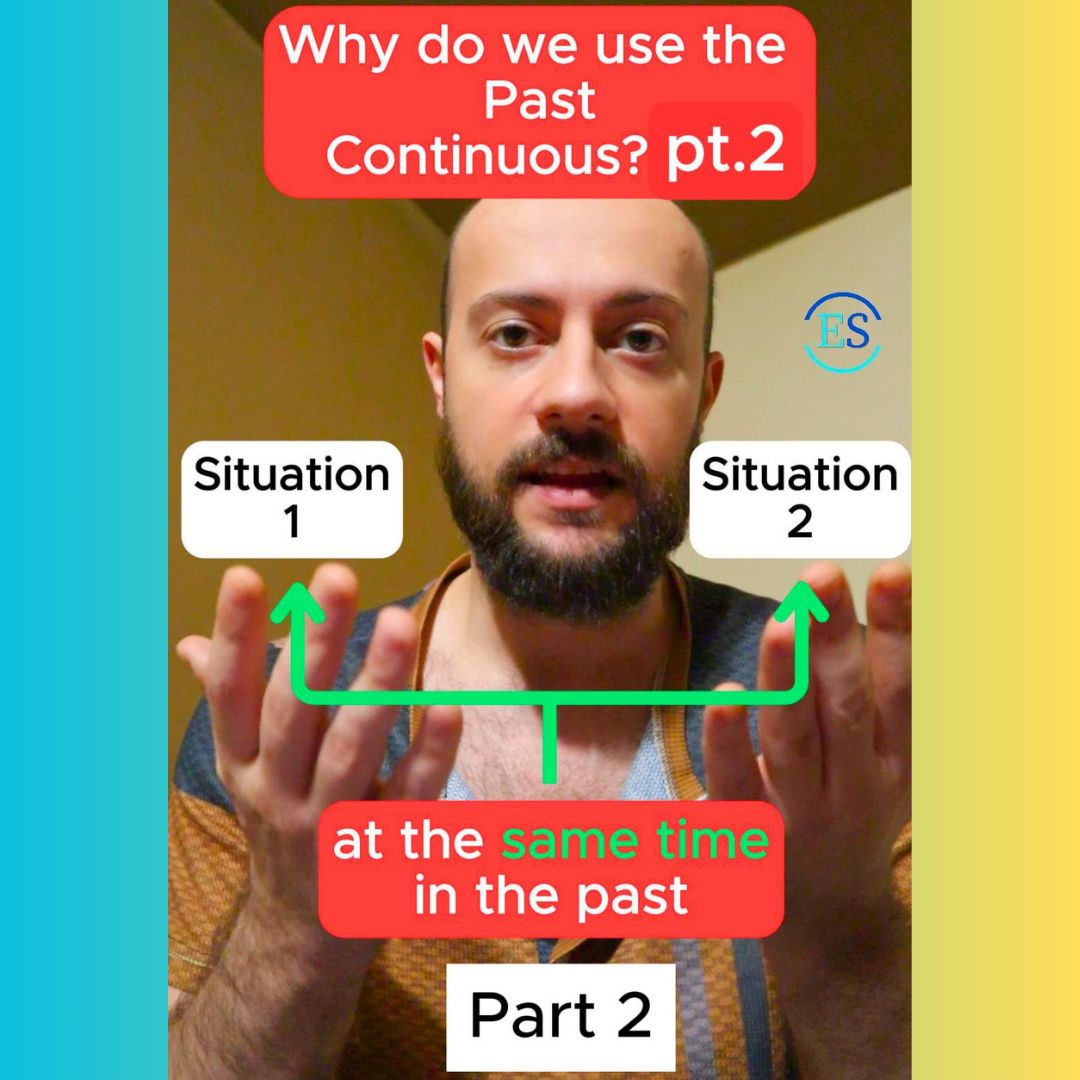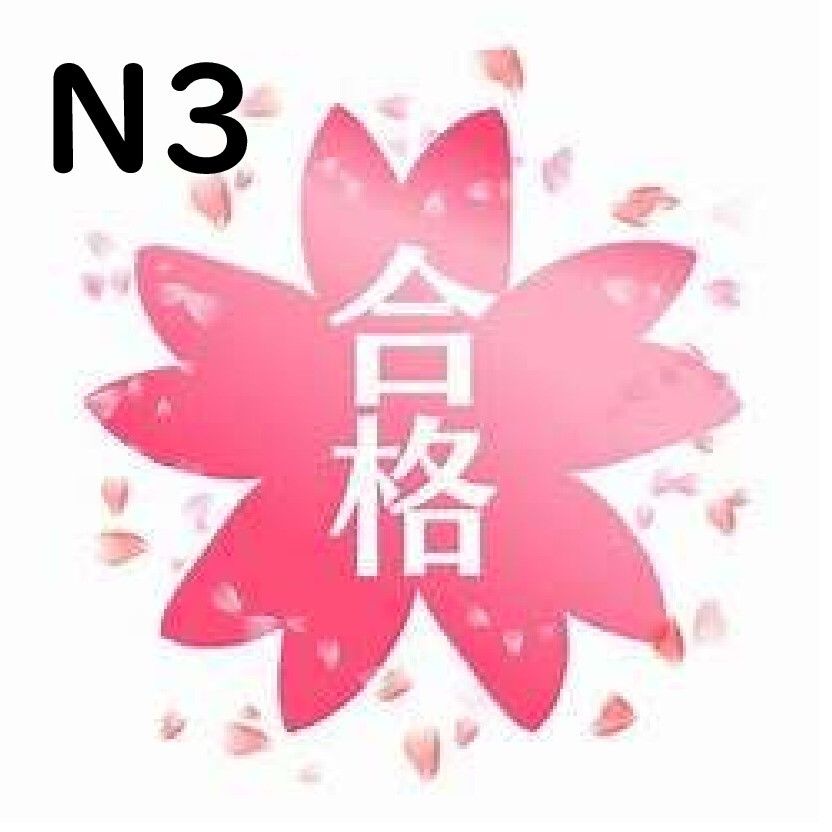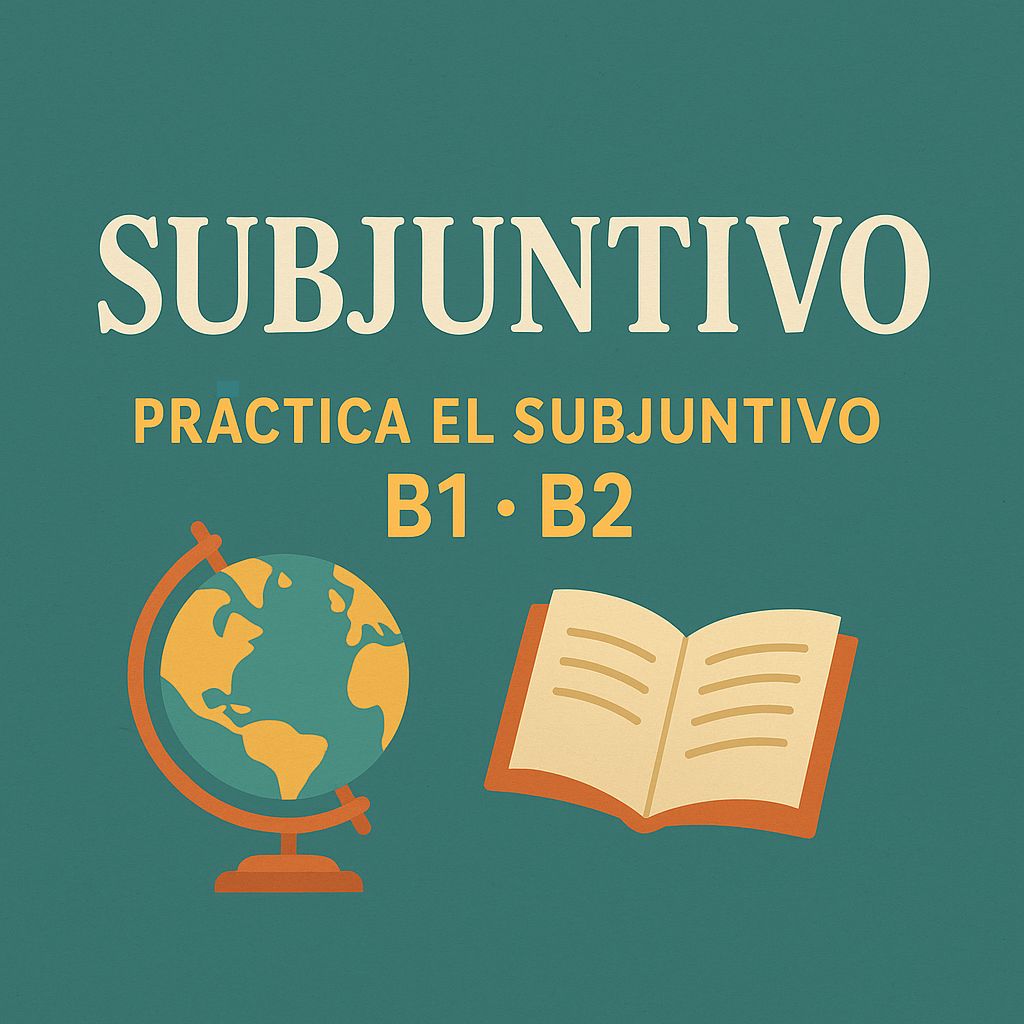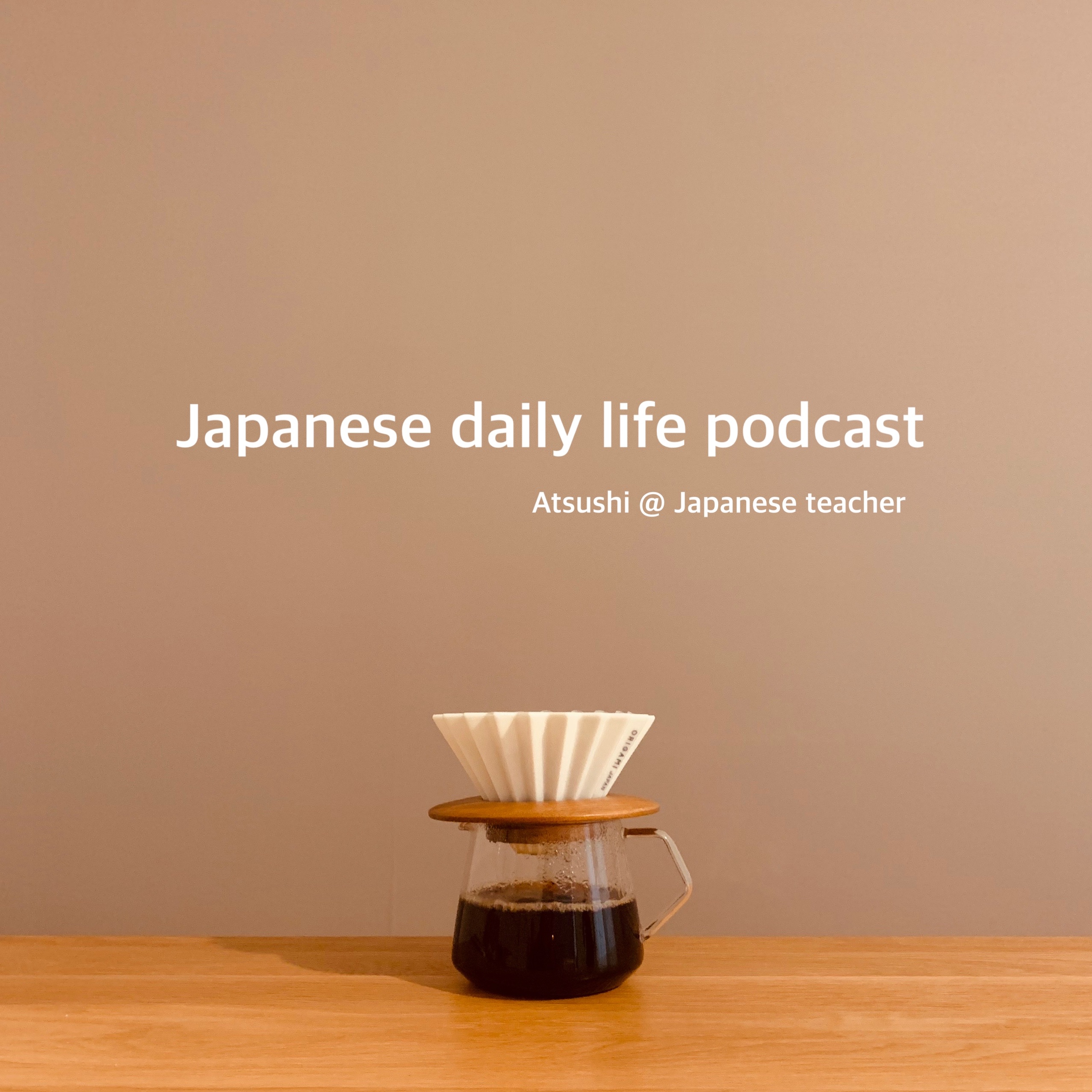Search from various 영어 teachers...

以后、后来
설명
以后(yǐ hòu) and 后来 (hòu lái) both include 后 this character , it means behind, in English they both could be translated as “later”, you can say they are the same in meaning, but not the usages, which make the 2 words very different, basically 后来 can only use in a past tense but 以后 can use in past or future tense, in this episode I will show you 5 example sentence to help you understand better
팟캐스트 채널
Learn Chinese with Jen
작성자
모든 에피소드

Why do we use the Past Continuous tense? Pt. 2

Interview Preparation Tip 9. How to be liked by the hiring manager? Habits you need in your job interview!

N3 語彙 第5週5日

Escasez de Agua en México B1, B2 (Con transcripción y ejercicios)

Do you liaise with other companies?

Episode 2. おふろ

Is Business for everyone?

#370 関西弁について!
인기 팟캐스트

English Syndicate
Why do we use the Past Continuous tense? Pt. 2

Job Interview Preparation | Build Strong Communication Under Pressure
Interview Preparation Tip 9. How to be liked by the hiring manager? Habits you need in your job interview!

N3合格
N3 語彙 第5週5日

Subjuntivo en Contexto B1 B2
Escasez de Agua en México B1, B2 (Con transcripción y ejercicios)

DAILY Business English VOCABULARY builder
Do you liaise with other companies?

Tina Japa Go!
Episode 2. おふろ

FLO TALKS
Is Business for everyone?

Atsushi のJapanese podcast (travel/news /文法・漢字・語彙/Osaka/Hokkaido/🇹🇷🇬🇪🇦🇲🇪🇸🇵🇹)
#370 関西弁について!